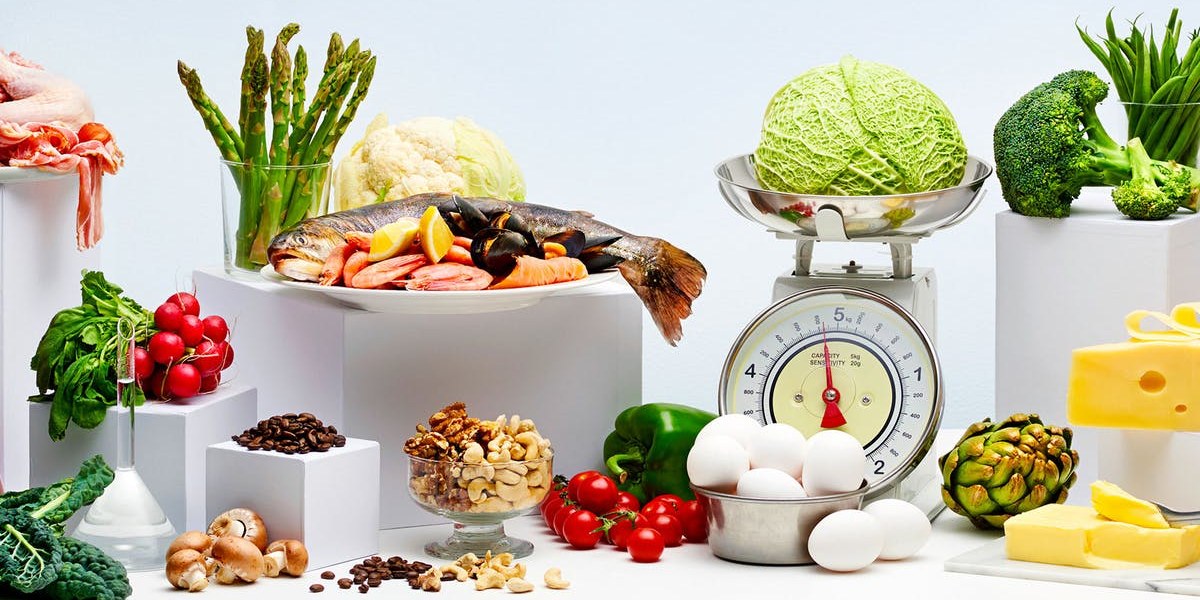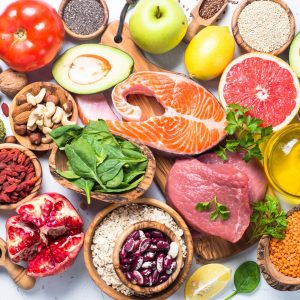A few muscle heads are so precise with the eating regimens that they heft around scales to gauge their food. That is the means by which significant nourishment is for weight training. Arranging out your meals ahead of time with the assistance of a calorie counter removes a portion of the mystery from eating, which is significant in case you’re following a restricted eating regimen like the low-carbohydrate ketogenic diet.
Though a low carb diet can be beneficial, put into perspective that carbs are the best quick fuel source, and can be the energy required to do a good workout. However unburned fuel raises blood sugar levels and triggers insulin release in most people not already naturally lean. That is the trigger to conversion and storage of the excess as fat.
Carbohydrates range from simple starch to complex carbohydrates, so also key is putting the Carbohydrates on a scale of simple starchy carbs like refined sugar, four, rice, potato. Coming lower on the list are the fruits and vegetables that are fructose sugars which though still high on the list are better than refined sugars and add fibre, vitamins and minerals that are essential to us. As the plant based foods head down the scale towards green leafy vegetables they become more complex, providing higher vitamin and mineral levels as well as fibre some also provide healthy oils. The glycaemic index is a good reference, and the plant foods in the lower ranges are more complex carbohydrates slower to raise blood sugars and less likely to cause insulin release which will trigger fat storage.
Weight training and Low-Carb Diets
Low-carbohydrate reduces starchy carbohydrates from your diet to help you with getting in shape by restricting your food decisions to generally those high in fat and protein, along these lines reducing your calorie consumption. Furthermore, fat and protein take more time for your body to process than carbohydrates, which may assist you with feeling full more so you eat less. Reducing Carbohydrates really should focus on starchy carbohydrates like refined sugar, potato, rice, and flour-based foods. These are all high on the glycemic index, are mainly high fuel, and are not essential to your dietry needs. Complex Carbohydrates provide essential vitamins and minerals and though they do provide sugars, these tend to be natural.
Low-Carb Bodybuilding Foods
Meat eaters will flourish with a low-carb diet since they can eat a lot of hamburgers, chicken, pork, and seafood. The meat will in general be high in protein and fat and contains practically no carbs.
Leafy foods are a significant part of your eating routine since they contain fundamental nutrients and minerals. They likewise have fiber, which helps your digestion. Fruits will in general contain a larger number of carbohydrates by weight than vegetables, however, there are some low-carb fruits. There’s regularly more fiber in vegetables, which your body can’t completely process.
Foods to Eat
No boring vegetables: zucchini (4 g carbs per cup), cabbage (5 g carbs per cup), broccoli (6 g carbs per cup), Brussels sprouts (8 g carbs per cup), verdant greens (like spinach, for instance, at 1 g carbs per cup), and tomatoes (7 g carbs per cup) (7, 8, 9, 10, 11, 12)
- Meat, for example, chicken, hamburger, pork, and Lamb(0 g carbs per 3 ounces [oz))
- Fish and seafood, similar to shrimp (0 g carbs per 3 oz) (13)
- Eggs (0 g carbs per egg) (14)
- Cheddar, similar to cheddar (1 g carbs per 1 oz) (15)
- Olives (2 g carbs for 10 little olives) (16)
- Oil, for example, canola oil, olive oil, and coconut oil (0 g carbs per tablespoon [tbsp])
- Margarine (0 g carbs per tbsp) (17)
- Cream (0.4 g carbs per tbsp) (18)
- Greek yogurt (8 g carbs per 7 oz, low fat) (19)
- Cottage cheddar (6 g carbs per 1 cup, low fat) (20)
- Nuts, similar to almonds (6 g carbs per 1 oz) (21)
- Berries, similar to raspberries (15 g carbs per 1 cup) (22)
- Melon, similar to melon (13 g carbs per 1 cup) (23)
- Avocado (9 g carbs per half) (24)
- Dark chocolate (13 g carbs per 1 oz) (25)
Foods to Limit or Avoid
- Taken care of snack things, like biscuits , crackers crisps, and treats
- Rice
- Bread
- Grain
- Pasta
- Grains, for instance, farro, bulgur, and quinoa
- Milk
- Higher-carb fruits, like grapes and bananas
- Beans and lentils
- Starchy vegetables, like sweet potatoes and potatoes, anyway these may approve of some restriction depending upon your carb objective.
- High-sugar foods, for instance, cake, solidified yogurt, candy, and pop



